At Loyola, one truth guides us: every person deserves dignity and safety. This isn’t an abstract ideal, it’s the foundation of what it means to learn, grow, and act. But in today’s America, where politics too often bleeds into violence, that sense of safety feels fragile.
The recent shooting of Charlie Kirk is one more reminder of a troubling reality: disagreement in our country is no longer always met with dialogue, but too often with threats, intimidation, or even bullets. For students who already live in a generation shaped by school shootings, political protests that turn violent, and the daily drumbeat of headlines about division, the effect is discouraging.
Just in the past few years, we’ve seen tragic shootings on college campuses across the country, Michigan State in 2023, the University of Nevada, Florida State University, and too many others. Each time, students everywhere ask themselves the same haunting question: could it happen here? At Loyola, nestled in the heart of New Orleans, that question hits close to home. This constant undercurrent of fear chips away at the sense of community and openness that college is supposed to provide.
Here on our campus, the impact is deeply felt. Loyola is known as a progressive space, where students care about justice, equity, and change. But when the political climate outside feels hostile and violent, even the most engaged students can start to question whether their voices matter or whether speaking up is worth the risk. That loss of confidence is just as dangerous as violence itself because silence allows fear to win.
This is exactly where Loyola’s role becomes crucial. Jesuit values call us to resist despair and to seek community even when division feels overwhelming. Loyola has a responsibility to empower students, not just academically, but politically and socially as well. We need spaces where students of all perspectives can talk openly, without fear of being dismissed or threatened. We need stronger support for civic engagement: voter registration drives, advocacy workshops, and opportunities to collaborate across student organizations. When the world outside makes us feel powerless, Loyola can remind us that our voices are strongest when used together.
Loyola already has models to build from. Bloom Fest, held in memory of Kendall Daigle, brings students together in honor of a classmate while also creating space for mental health awareness and community healing. That same spirit of resilience and solidarity can shape how Loyola responds to political violence and fear. Civic engagement efforts on campus are proof that Loyola students want to participate, even in discouraging times. Discouragement is natural in times like these, the problems our country faces feel massive and entrenched. But political empowerment doesn’t mean pretending fear doesn’t exist. It means finding the courage to act despite it. Loyola can model that courage by protecting dialogue on campus, honoring diverse voices, and creating a culture where activism and engagement are supported rather than discouraged.
If violence and division threaten to silence our generation, then our answer must be to speak more boldly, to organize more intentionally, and to remind each other that change begins where the community refuses to give up. Loyola has the responsibility to help students see that even in a climate of fear, we are not powerless. In fact, we are at our most powerful when we act together.







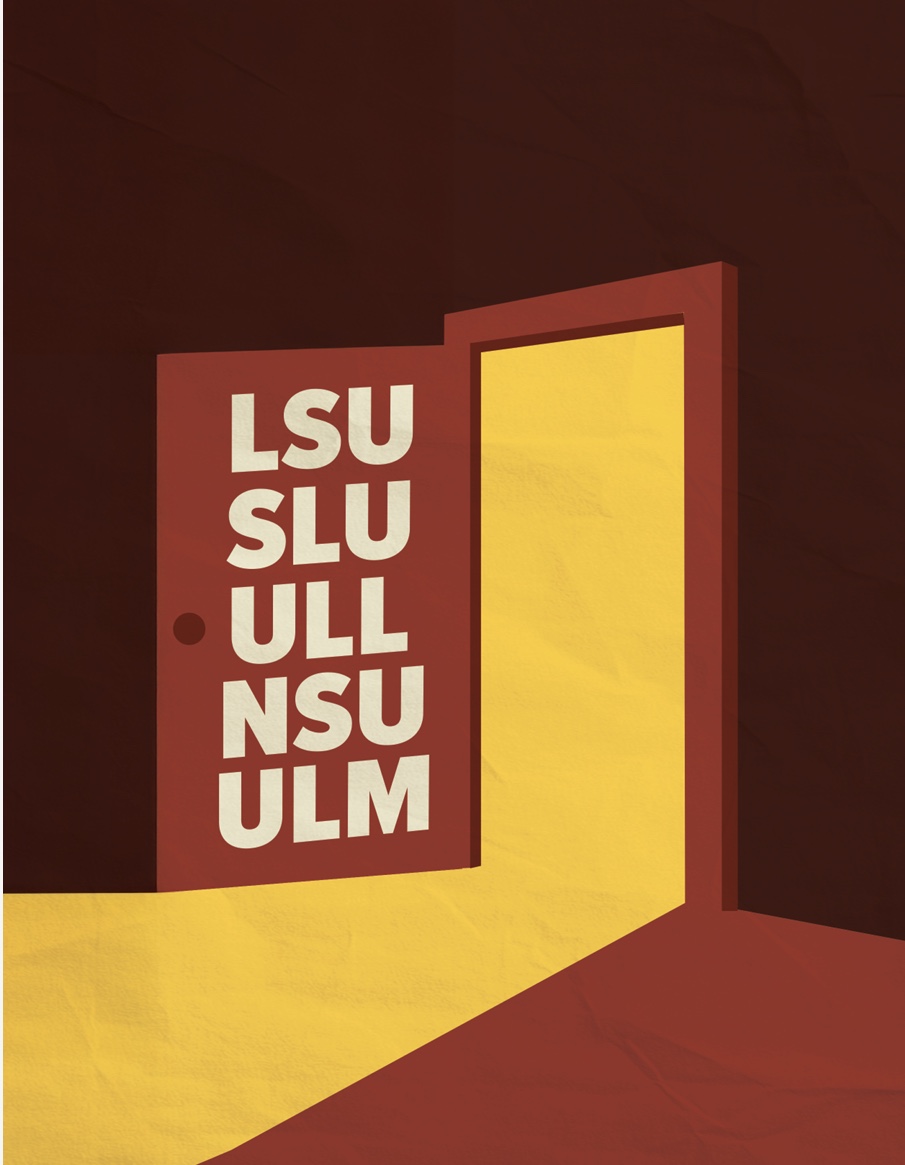







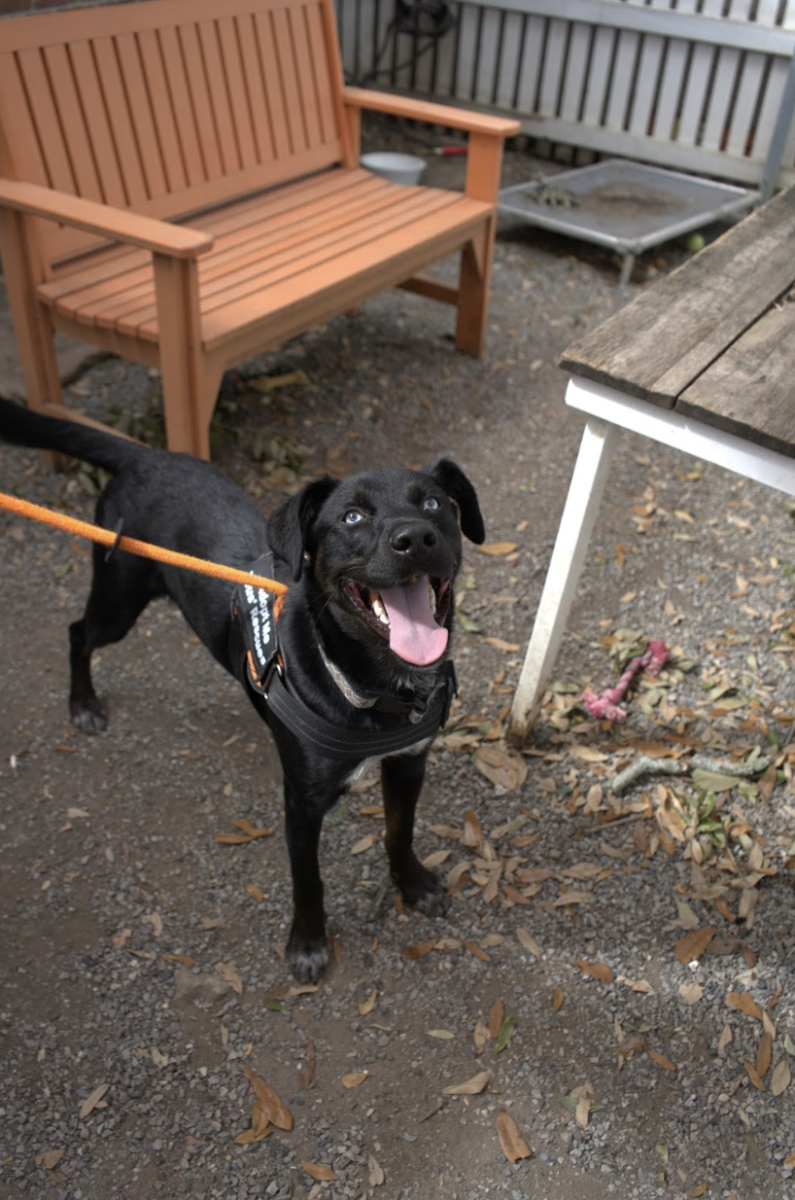
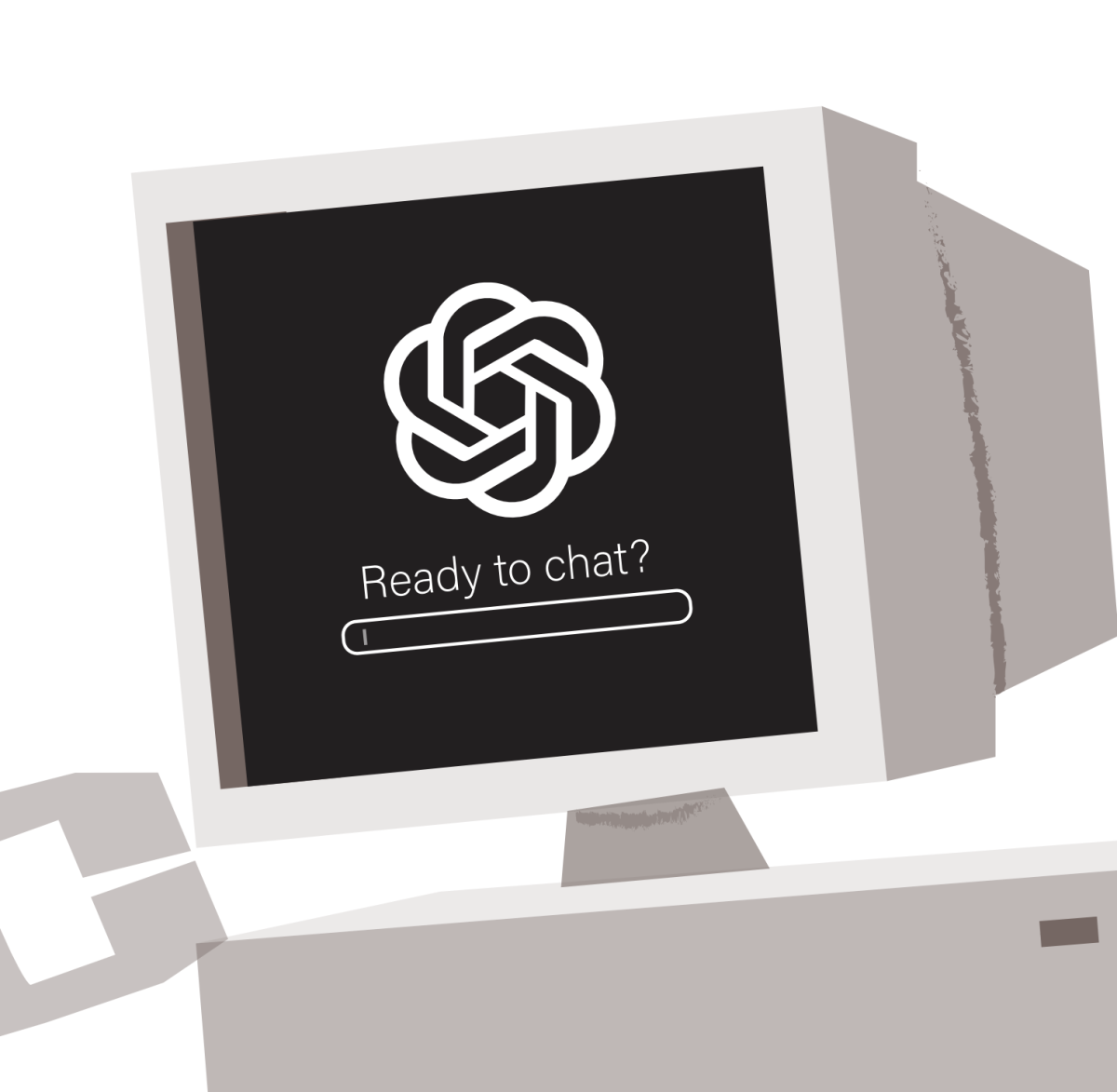
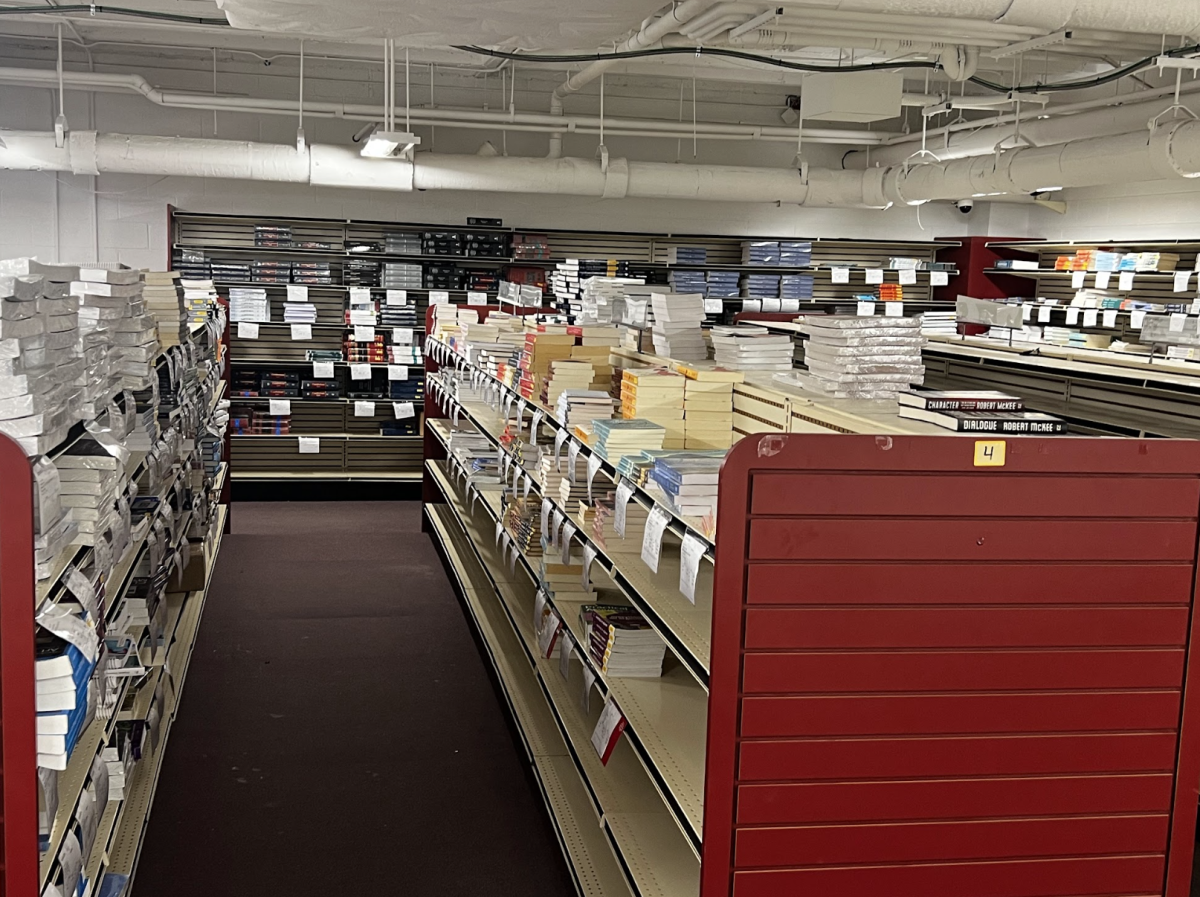

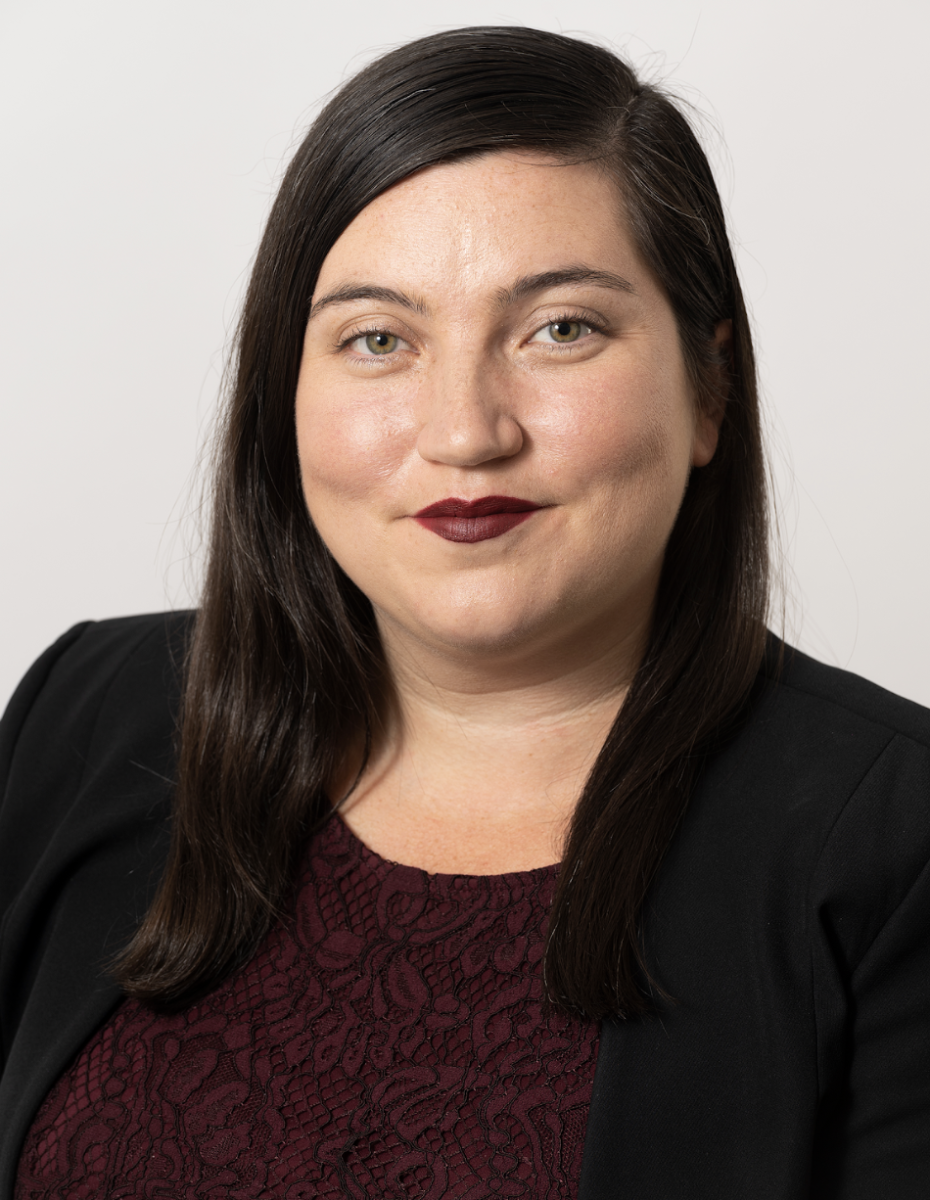
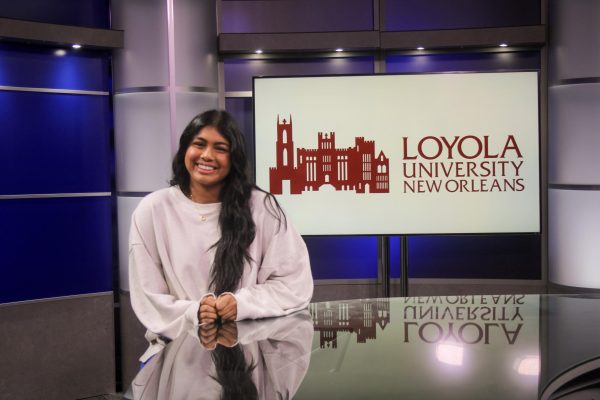
Andrew Perdomo • Sep 24, 2025 at 4:17 pm
Impressive work, we live in an era where I, a conservative on campus, am extremely concerned about what I say on campus. We need civil debate to maintain our civil society.